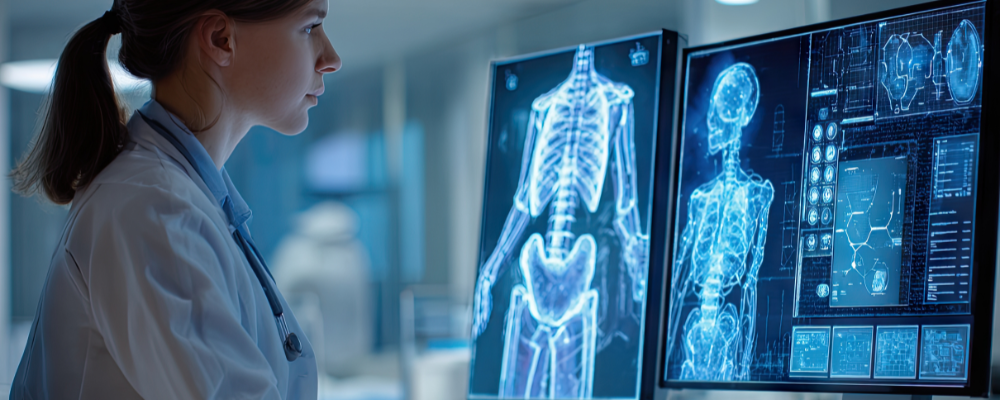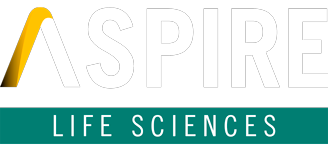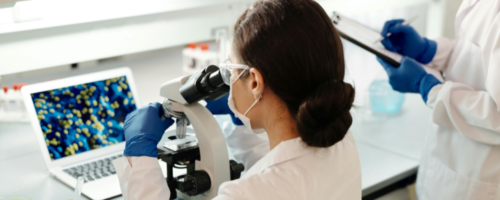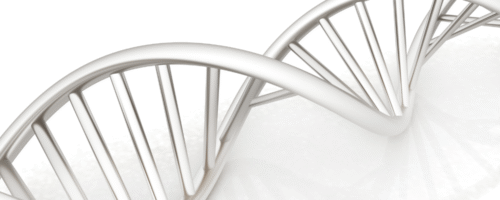AI and medical devices: Europe’s Life Sciences market is accelerating fast

Artificial intelligence isn’t just changing research and drug discovery — it’s transforming medical devices and diagnostics across Europe. AI and machine learning are driving one of the fastest-growing sectors in life sciences, creating opportunities for innovation, investment, and highly skilled talent. For candidates exploring career moves, and clients looking to scale AI solutions, the timing has never been better.
1. Unprecedented market growth
Europe’s AI-enabled medical device market is expanding at an extraordinary pace. The report by Grand View Research for “Europe AI‑enabled Medical Devices” shows a projected CAGR of 38.9% for the region from 2025 to 2033. The drivers are clear: an ageing population, rising chronic disease, and healthcare systems under pressure to deliver faster, more efficient care.
Countries such as the UK, Germany, France, the Netherlands, and the Nordics lead this expansion, with strong healthcare infrastructure, supportive regulations under the EU Medical Device Regulation (MDR) and AI Act, and robust funding programmes. For clients, this means demand for data scientists, ML engineers, and regulatory specialists is outpacing supply. For candidates, it’s a chance to join projects that directly impact patient outcomes.
2. Software-first solutions are scaling rapidly
The fastest-growing segment isn’t hardware, it’s Software as a Medical Device (SaMD). AI platforms are helping hospitals interpret complex data, improve diagnostics, and support clinical decisions at scale.
Companies like MVision AI are integrating AI into radiotherapy workflows, automating contouring and dose planning, currently deployed in 24 countries, and helping to support treatment planning for more than 190,000 cancer patients. Skin Analytics, a UK based company who have developed DERM (Deep Ensemble for Recognition of Malignancy) and has been awarded Class III CE-Mark (under the EU’s Medical Device Regulation) for the skin-cancer detection/triage indication. Meanwhile, Owkin leverages multimodal AI to integrate imaging, pathology, and clinical data, enabling precision diagnostics and accelerating drug discovery and development.
These examples demonstrate how validated AI can integrate into healthcare workflows and scale quickly across multiple markets.
3. Europe’s collaborative ecosystem
Europe provides a uniquely supportive environment for AI in life sciences. Public healthcare systems like the NHS serve as large-scale testbeds, while pan-European research networks and funding initiatives accelerate clinical validation. Once an AI solution secures regulatory approval, it can expand across countries, enabling faster adoption, lower risk for investors, and broad exposure for talent.
Final thoughts
For hiring managers, now is the time to act. Securing AI and ML expertise in life sciences is increasingly competitive, and top talent is essential to deliver scalable, high-impact solutions.
For candidates, this is a unique moment to apply skills in AI, ML, and data science where the work translates directly into real-world healthcare impact. Whether in diagnostics, imaging, or predictive analytics, the next wave of innovation is already underway, and Europe is at the forefront.
AI isn’t just another tool in life sciences. It’s reshaping careers, healthcare delivery, and patient outcomes across the continent.
About the author
Jack Wilson connects top-tier AI and Machine Learning talent with pioneering BioTech, MedTech, and life sciences companies across the UK, Europe, and North America. At Aspire Life Sciences, he helps ambitious startups and scaling organisations build the teams that turn innovative ideas into real-world breakthroughs. Known for his consultative approach and deep market insight, Jack is passionate about driving scientific progress through the right people in the right roles.





Leave a Reply